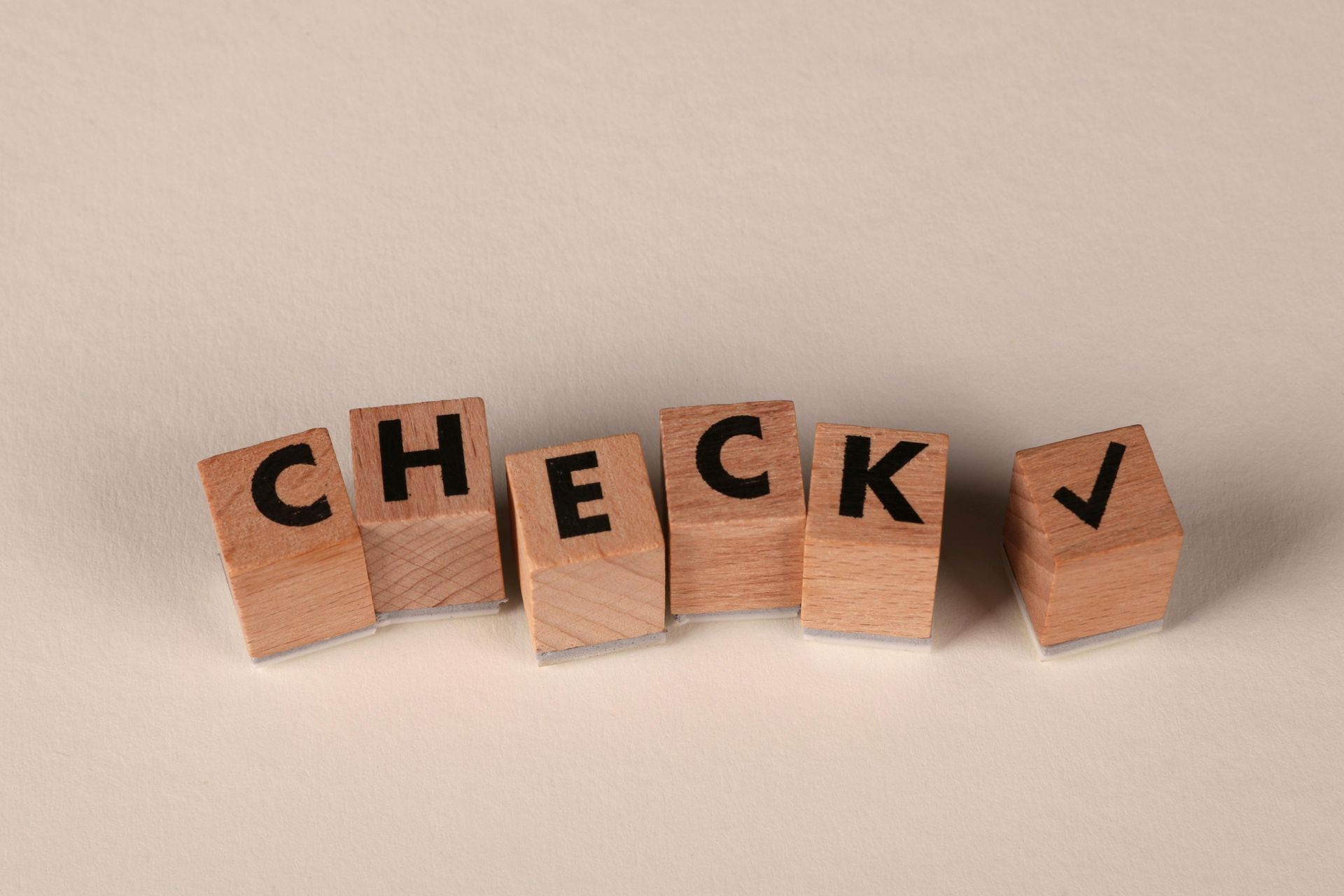The Discovery Process in Texas Litigation
If you are in litigation, you may be surprised to learn that the law may require you to turn over vast amounts of information to the other party or their attorney. This may include financial records, property documents, e-mails, hand written notes, videos, and other items which may be relevant to the present lawsuit. This process is called "discovery."
Ultimately, the discovery process consists of exchanging information between parties. It allows each person in a lawsuit to "discover" certain details they would not have known without asking questions. The discovery process is designed to manage the litigation process and allows each participant:
- To avoid unfair and prejudicial surprises;
- To prepare before trial; and
- To hopefully find common ground to reach a settlement.
There are many types of discovery, but you may think of it as the process by which litigants exchange documents and answer questions.


Have an idea for a blog? Click and request a blog and we will let you know when we post it!











